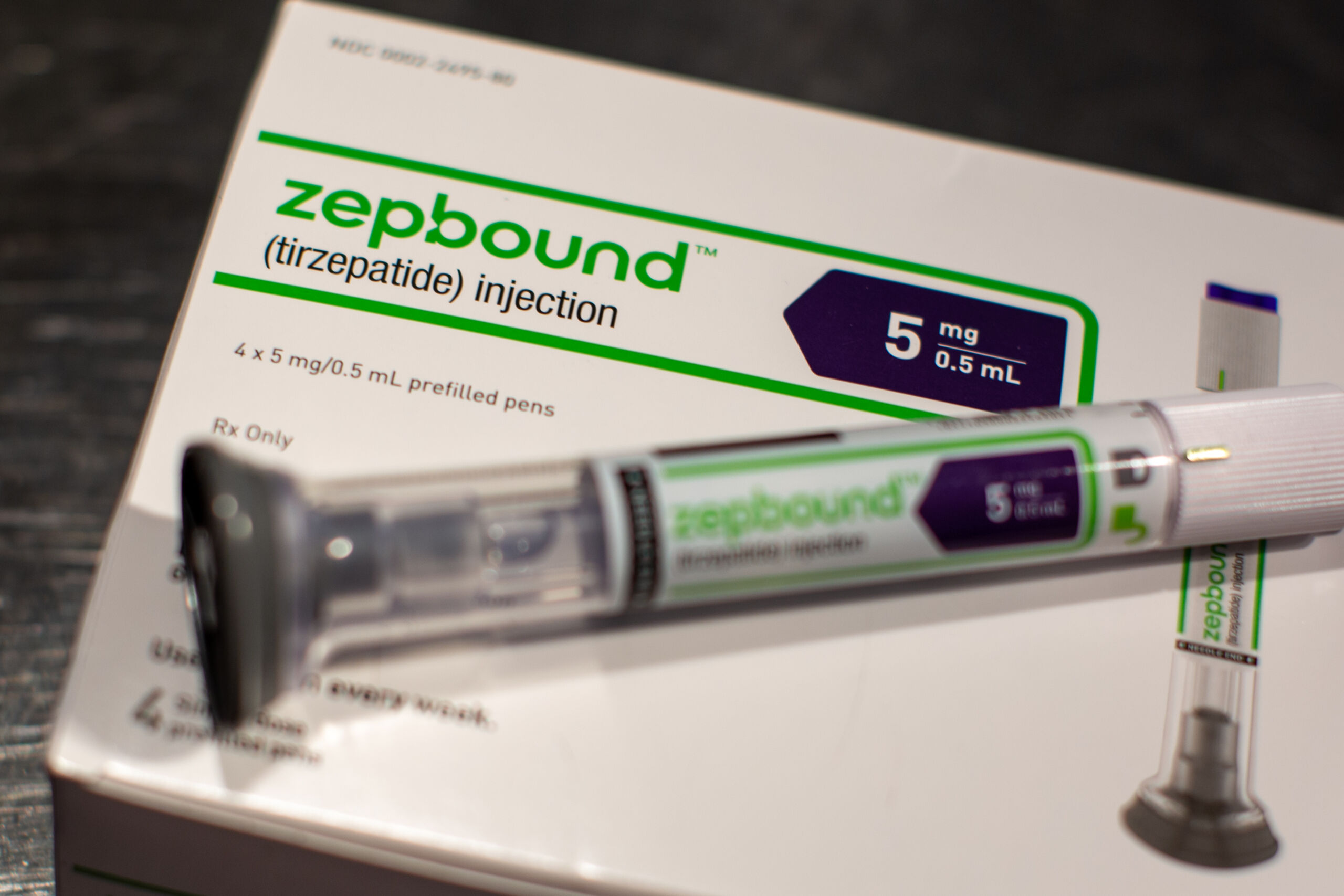FDA’s Recent Decision on Compounded Drugs: A Closer Look
In a significant development within the pharmaceutical landscape, District Judge Mark Pittman has granted the FDA’s request to cancel an upcoming hearing regarding the status of certain compounded drugs. This decision, which postpones the hearing originally scheduled for October 15, requires the involved parties to submit a joint status report by November 21. The implications of this ruling are far-reaching, affecting drug manufacturers, healthcare providers, and patients alike.
The Lawsuit and Its Implications
The lawsuit in question was initiated by the Outsourcing Facilities Association (OFA), a group representing compounding pharmacies. The OFA celebrated the judge’s ruling, viewing it as a fair resolution to what they termed the FDA’s "rash decision" to remove certain drugs from the list of approved compounded medications. OFA Chairperson Lee Rosebush expressed concerns that the FDA’s actions had led to significant access issues for patients, particularly during a time when the agency itself acknowledged ongoing "supply disruptions."
Rosebush emphasized the importance of ensuring that patients have access to compounded versions of drugs, especially when they may not have other options. The OFA’s stance highlights a critical tension in the healthcare system: the balance between regulatory oversight and patient access to necessary medications.
The Patient Perspective
For many patients, compounded drugs represent a vital lifeline. These medications are often tailored to meet individual needs, providing alternatives when commercially available drugs are insufficient or unavailable. In the case of tirzepatide, a medication used for weight management and diabetes, compounded versions have become a crucial resource for those who rely on them.
However, the FDA has consistently warned about the risks associated with compounded drugs. Unlike FDA-approved medications, compounded products do not undergo the same rigorous safety and efficacy evaluations. This lack of oversight raises concerns about potential dosing errors and other safety issues, which the FDA has highlighted in its communications to healthcare providers and patients.
Drugmakers’ Concerns
On the other side of the debate, pharmaceutical giant Eli Lilly has expressed dissatisfaction with the FDA’s decision. The company has reportedly sent cease-and-desist letters to compounding pharmacies, asserting that there is no justification for the continued use of compounded versions of its drugs, such as Mounjaro and Zepbound. A spokesperson for Lilly stated that the supply of these FDA-approved medications is sufficient and that the shortage concerns have been resolved.
Lilly’s position underscores the complexities of the pharmaceutical supply chain. The company pointed out that various factors, including limited storage capabilities at pharmacies, can contribute to perceived shortages. They argue that these issues should not lead patients to seek compounded alternatives, which may carry significant risks.
Safety Concerns with Compounded Drugs
Lilly’s concerns extend beyond supply issues; the company has raised alarms about the safety of compounded medications. In their investigations, Lilly found instances of impurities, bacterial contamination, and incorrect potency in some compounded products. These findings reinforce the FDA’s warnings about the potential dangers of using unapproved medications, which can vary significantly in quality and efficacy.
The FDA has been vocal about the risks associated with compounded drugs, urging patients and healthcare providers to be cautious. The agency’s emphasis on the importance of using FDA-approved medications highlights the ongoing debate about the safety and reliability of compounded alternatives.
The Path Forward
As the situation continues to evolve, the upcoming joint status report due on November 21 will be pivotal in determining the future of compounded drugs in the U.S. healthcare system. The ongoing dialogue between the FDA, drug manufacturers, and compounding pharmacies reflects broader issues of access, safety, and regulation in the pharmaceutical industry.
For patients, the stakes are high. The outcome of this legal battle could significantly impact their access to necessary medications, particularly in times of supply disruptions. As the healthcare community navigates these challenges, the balance between ensuring patient safety and maintaining access to essential treatments remains a critical concern.
